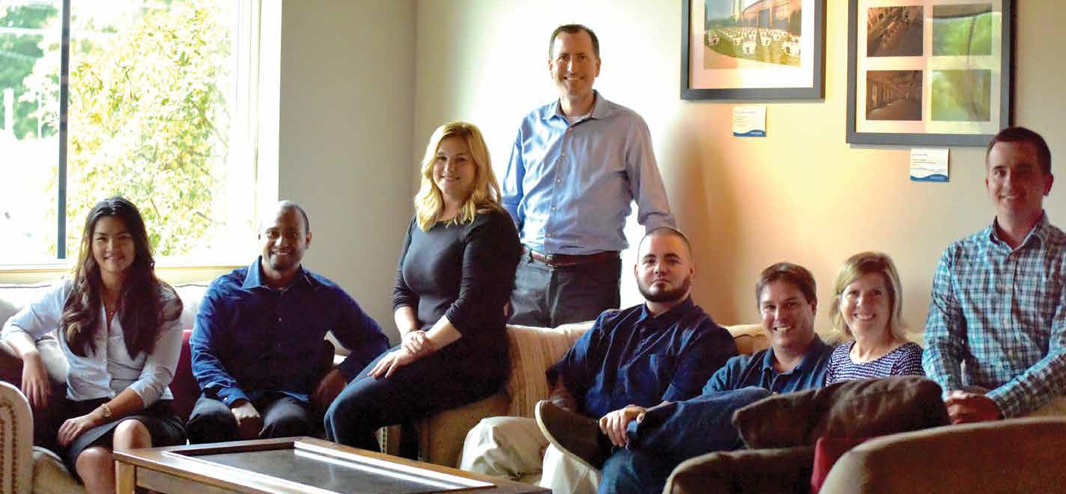
Originally published on Hotel Online
Providing elevated wellness in the Hospitality industry
Before we dive in, be sure to visit our ultimate guide to elevating guest satisfaction full of tips, insights and data points on how to improve your hotel service and ensure optimal guest satisfaction.
Following COVID-19 health concerns, hotels that address the expectations of the new wellness-focused guest will be best positioned to attract bookings in the return to travel. COVID-19 has no doubt created global disruption, particularly in the hospitality industry. Yet, with change comes opportunity, and the chance to reevaluate how we can emerge from the crisis stronger and more resilient.
With individuals around the world focused more on health and wellbeing, providing a deeply relaxing and wellness-focused hotel experience is likely to be valued now more than ever before.
“It generally takes a major event to be a catalyst for real changes in human behavior and the hospitality industry is going to see an increase in demand for wellness-related travel, destinations and activities,” said Mark Sands, Vice President of Wellness, Six Senses Hotels Resorts Spas. “No longer will a hotel be just a place to sleep. Wellness, health and personalization are going to become more mainstream.”
In fact, consumers spanning 48 countries and territories revealed in a consumer survey by the World Tourism Association that over 24% would be “extremely likely to book a wellness vacation within the next two years,” and 78% indicated they already include wellness-specific activities to their itineraries when travelling.
Although the term wellness may have different meanings to different people, providing a safe space for relaxation that can easily be personalized will ease travel-related anxieties and attract guests in a thoughtful, meaningful way. As hoteliers plan for recovery and beyond, they should consider reshaping wellness programs to better meet the demands of the new wellness-driven guest.
A Significant Opportunity for Hoteliers
Health-conscious travelers spend as much as 130% more on hotel amenities than other guests. More than that, the sector grew 6.5% per year from 2015 to 2017, more than twice the growth rate for general tourism. The Global Wellness Institute (GWI) indicates that in 2017, international wellness tourists on average spent $1,528 per trip, 53% more than average. Domestic US wellness travelers spent $609 per trip, a full 178% more than the typical domestic tourist.
According to the GWI, there are two types of wellness travelers – the “primary” variety is a traveler whose trip or destination of choice is primarily motivated by wellness, and the “secondary” variety participates in wellness experiences on any leisure or business trip.
While there’s a misconception that wellness travelers are a small, wealthy group who visit destination spas or meditation retreats, it is the more mainstream secondary variety that comprises much of the market – 89% of wellness trips and 86% of expenditures. This presents enormous opportunity for the hospitality sector to design meaningful, unique, and personalized journeys that directly respond to these evolving values.
Wellness Moves to Guestrooms
Traditionally, revenue from wellness programs has resided in on-site amenities such as group retreats, fitness, spas and beauty treatments. However, a wellness program in a recovery era may want to focus on bringing the wellness experience into the individual guest room.
With today’s technology, wellness-focused amenities can easily be personalized and delivered according to the guest’s preferences. Individual yoga mats in guest rooms can be combined with access to a complimentary on-demand yoga TV channel, while designated workout areas can be complemented with resistance bands upon request. Mindful breathing—shown to regulate sleep, lower blood pressure and cortisol levels—can be promoted via meditation app integrations, as immune-boosting minibar products can both surprise and put guests at ease.
“We see this as an opportunity for brands to incorporate more wellness-driven amenities for guests to use on their own,” said Patrick Fernandes, Executive Director, Carillon Miami Wellness Resort. “We plan on introducing more ways for guests to elevate their well-being within their resort experience. Virtual fitness classes including virtual personal fitness, video cooking demonstrations, telemedicine consultations and touchless wellness services are some of the new offerings at Carillon.”
Delivering Wellness with Elevated Standards
Spa treatments, fitness programs, and nutritional menu alternatives all contribute to the body-mind connection necessary to build out a comprehensive wellness program. But the hotel itself, its safety, cleanliness, and social distancing will be top of mind when it comes to a guest’s decision to book.
As travelers return to the roads and skies, spa-goers, restaurant diners and fitness enthusiasts will return as well. Hoteliers will need to adjust their practices to satisfy consumer concerns, clarify how the experience will be different, and communicate the measures being taken to protect guests.
“Cleaning, which used to be a back of house operation, will be more forward-facing for the immediate future as travelers want to feel reassured the practices are taking place,” said Fernandez. “Offering health and wellness services that align with social distancing and consumer preferences must also be a focus. From an overall health perspective, guests will want to know about a hotels cleaning measures and see this taking place while onsite.”
Hotels are already fast-paced environments and the new heightened expectations of the “Generation Clean” guest places additional pressure on properties despite limited staff and budget. Consider adopting a staff-facing tool to help you create a detailed plan with step-by-step actions and checklists to ensure compliance and efficiency, including management and delivery of wellness amenities in the guest room.
Capturing New Opportunities in Recovery
Travel may not come back all at once and those looking forward to seeing the world may move more mindfully. The needs of guests are changing, and cleanliness standards, personal wellbeing and the importance of staying healthy, are likely to be top of mind throughout any future guest journey.
From healthy eating options and fitness programs to nature experiences and connections with local culture, there are endless innovative ways to introduce guests to the benefits of wellness. Whether complementing existing programs or focusing on more expanded holistic initiatives, hotels now have a tremendous opportunity to support the wellness-driven guest’s lifestyle, while attracting new bookings as travel returns.
To further support hospitality recovery, our Service Optimization solutions are now available with complimentary access or at special recovery pricing. Learn more about this limited time recovery offer.
Learn more about best practices when planning for recovery in this new era of hospitality by clicking here.






